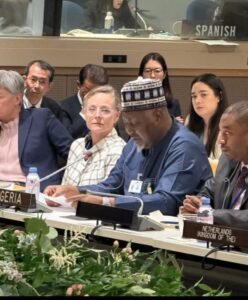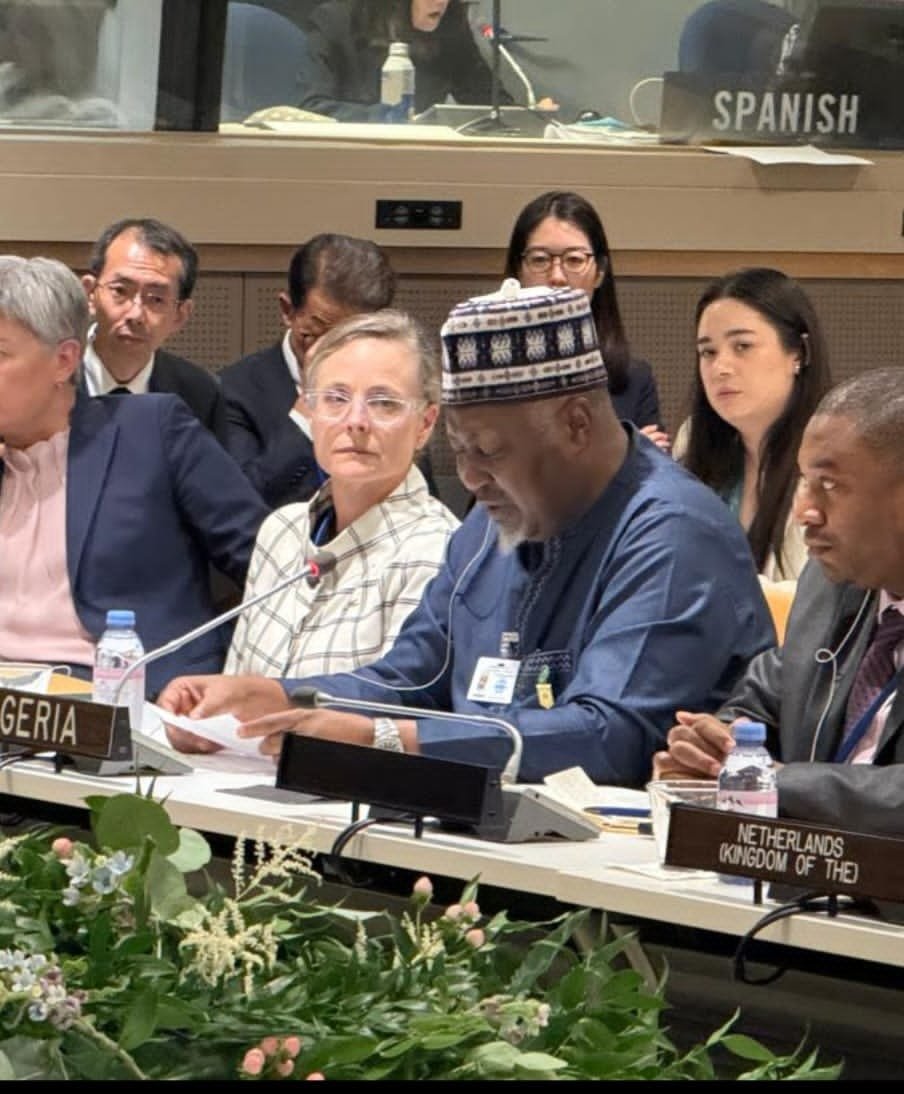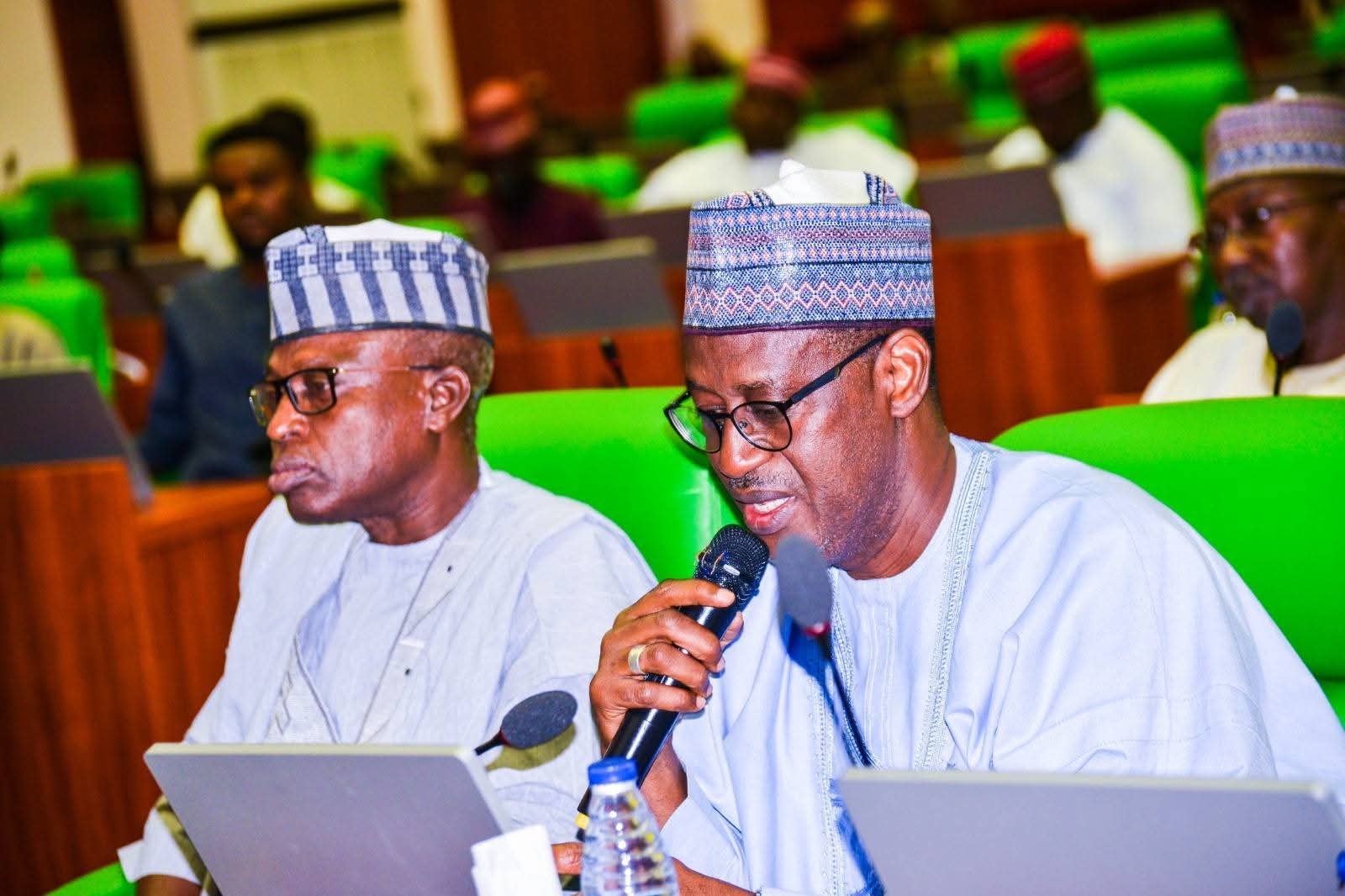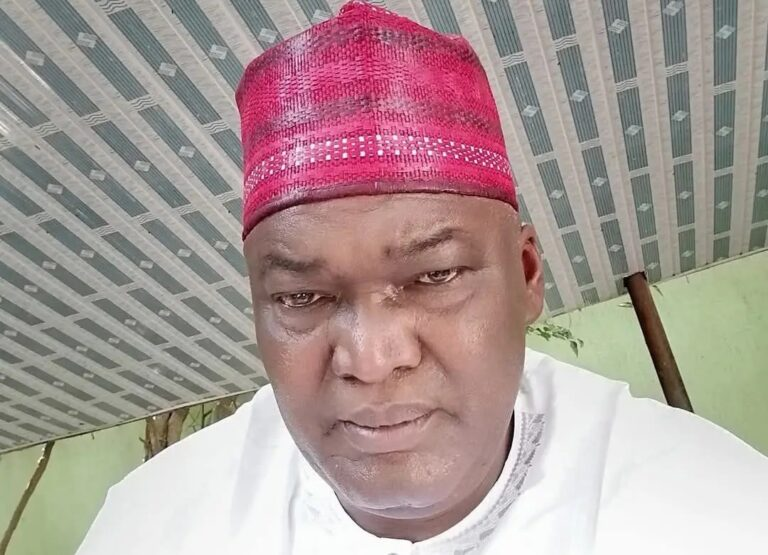Nigeria Demands Global Action To Ban Highly Enriched Uranium, Plutonium
By: Ahmed Aminu, Dutse

Nigeria has restated its commitment to nuclear disarmament and urged the international community to commence immediate negotiations on a Fissile Material Cut-off Treaty (FMCT).
The Syndicate reports that the Fissile Material Cut-Off Treaty is a proposed international agreement to ban the production of highly enriched uranium and plutonium for nuclear weapons or other explosive devices.
Initiated by the United Nations General Assembly in 1993, the treaty has not yet been negotiated due to disagreements, particularly within the Conference on Disarmament.
The treaty is seen as a crucial step in nuclear disarmament and strengthening the non-proliferation regime, as it would prevent the creation of new nuclear weapons material by all states, including those with nuclear weapons.
Nigeria’s Defence Minister, Mohammed Abubakar Badaru, expressed the country’s stand at the first Ministerial Meeting of the “Friends of an FMCT”, convened by Japan on the sidelines of the 80th United Nations General Assembly in New York.
In a statement issued by his Personal Assistant on Media and Publicity, Comrade Mati Ali, the Minister described the treaty as both a legal necessity and a moral obligation.
“Closing the fissile material gap is the most realistic way to stop an uncontrolled arms race. The FMCT will rebuild trust, strengthen the Non-Proliferation Treaty and give momentum back to disarmament,” Badaru was quoted as saying.
He stressed the need for translating rhetoric into concrete action, especially as this year marks the 80th anniversary of the nuclear attack on Hiroshima and Nagasaki.
“The memory of Hiroshima and Nagasaki compels us to act with courage. The survival of humanity demands it,” he said.
Highlighting Africa’s commitment to nuclear restraint through the Treaty of Pelindaba, which created a nuclear-weapon-free zone across the continent, Nigeria emphasized that the same spirit should now guide global disarmament efforts.
Badaru proposed interim measures to accelerate progress towards an FMCT, including a global moratorium on fissile material production for weapons, dismantling or converting existing facilities for peaceful use, and using such steps to build political momentum for a universal, verifiable and non-discriminatory treaty.
The Minister noted that disarmament directly supports development. “Disarmament is not an abstract debate. Every step we take to reduce nuclear risks frees resources for health, education and economic growth.”




